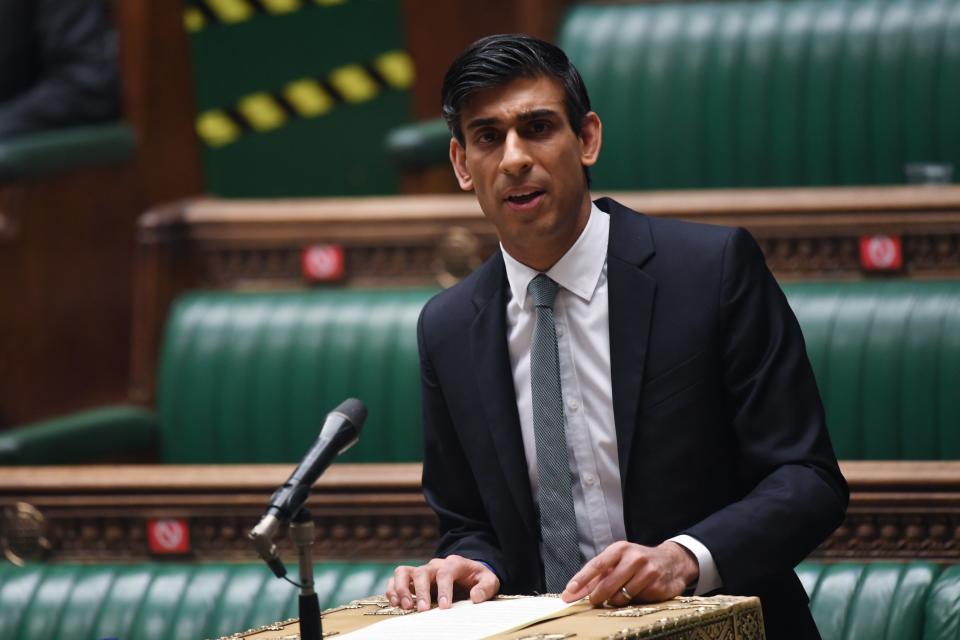Budget 2021 tax changes: What it means for you

Who were the winners from Rishi Sunak’s Budget?
The increase in the personal allowance and basic rate bands for 2021-22 means that, in the short term, most taxpayers will be better off and should see a small increase in their net income, with the £70 personal allowance increase worth an extra £14 to a basic rate taxpayer and £28 to a higher rate taxpayer.
Higher rate taxpayers will also benefit from an extra £40 in their favour due to the increase in the basic rate band.
The knock-on effect of these increases will be enjoyed by married couples who meet the criteria for the marriage tax allowance, which is available where one spouse/civil partner is basic rate taxpayer and the other has unused personal allowance.
Pensioners are also likely to benefit, as the increase in the personal allowance should see more lifted out of the tax net altogether.
With effect from 6 April 2020 individuals with an “adjusted net income” in excess of £300,000 have their pensions annual allowance tapered to £4,000. Contributions in excess of the tapered allowance are subject to the pensions savings tax charge.
Given the chancellor’s need to plug the Covid hole and that pension relief has been hit in the past, high earners may be relieved that the income threshold will not be reverting to previous levels (£210,000), in future tax years.
And who were the losers?
Disappointingly, the threshold at which the high income child benefit charge (HICBC) kicks in will not be increased from £50,000.
Given that the basic rate band will be increased to £50,270, on the face of it some basic rate band taxpayers will be affected by a charge aimed at “high earners”, which cannot be the chancellor’s intention. This will also coincide with the first increase in child benefit rates since 2015-16, so the tax “hit” will also be slightly higher than in previous years.
The personal allowance has not been frozen for three years in a row since 1994-95, so all taxpayers will feel the pinch when both the basic rate band and the personal allowance are kept at the same level for the next five tax years.
The decision to freeze the capital gains tax annual exemption for six tax years is bad news for taxpayers selling assets. However, given the increases in capital gains tax rates that were widely mooted but have not materialised, those taxpayers impacted may consider themselves winners overall.
Below, see how the changes affect different groups:
Single person, no children
Single person, one child
Single pensioner
Pensioner couple
Married couple/civil partnership, one earner, two children
Unmarried couple, both earning
Married couple, two earners, two children
Single, self-employed trader
This data assumes:
1) Where both members of a couple earning, the income is split two thirds to one third
2) No investment income received
3) All children under 16
4) Tables include do not include tax credits but do include Child Benefit (where applicable)
5) No pension contributions or Gift Aid payments
6) Tables do not include Blind Person's Allowance
7) Figures include Marriage Allowance (transferable Personal Allowance)
8) Tables are not applicable for individuals living in Scotland or Wales due to different rates and bands applying there

 Yahoo Finance
Yahoo Finance 